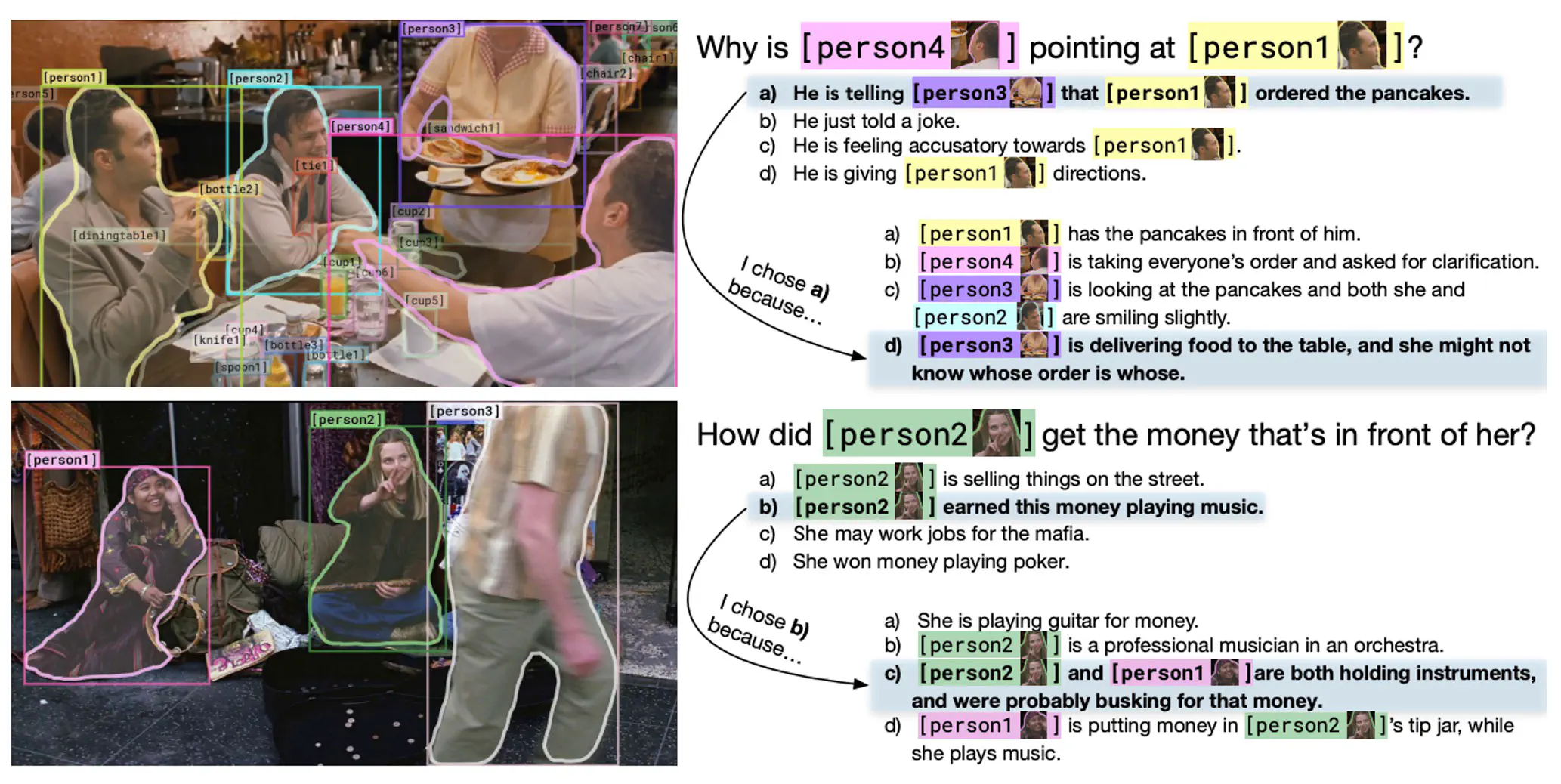Machine Cognition

Recent advances in deep learning have enabled novel approaches to the study of cognition, ranging from processing sensory inputs to the emergence of complex capabilities like high-level reasoning and decision-making. This understanding becomes increasingly important as machine systems become integral to daily life.
Exploring how simple sensory experiences transform into complex thought processes is both a fascinating and challenging endeavor. This includes understanding object relationships, navigating busy streets while reading signs for contextual and semantic information, engaging in visual reasoning tasks like solving puzzles or identifying patterns in images, interpreting and expressing emotions through facial expressions, and appreciating the aesthetic value in art and nature. In an era where deep learning models are argued to mimic or even surpass human cognitive abilities, it is of scientific interest to investigate whether these models behave similarly or fundamentally differently.
Although there are many aspects to this comparative approach in studying human and machine cognition, our particular interests include:
- Visual illusion
- High-level reasoning
- Contextual and semantic understanding
Image from Zellers et al., CVPR, 2019